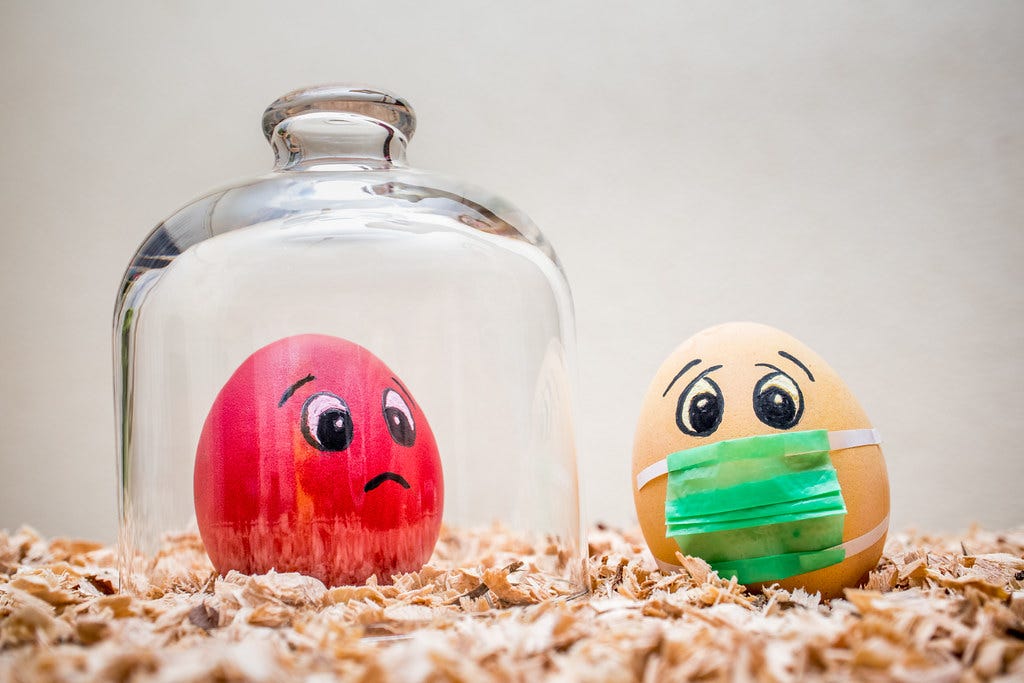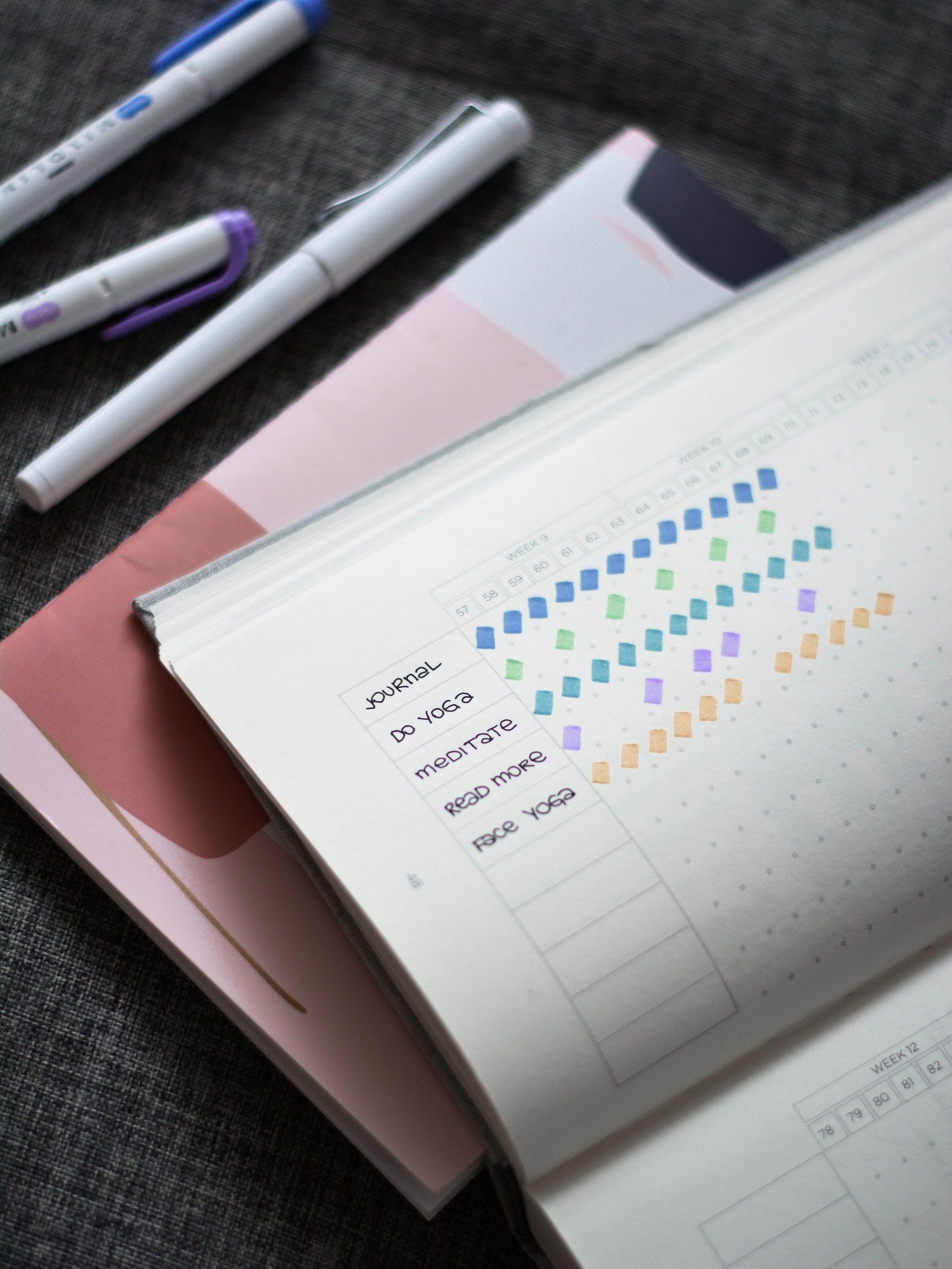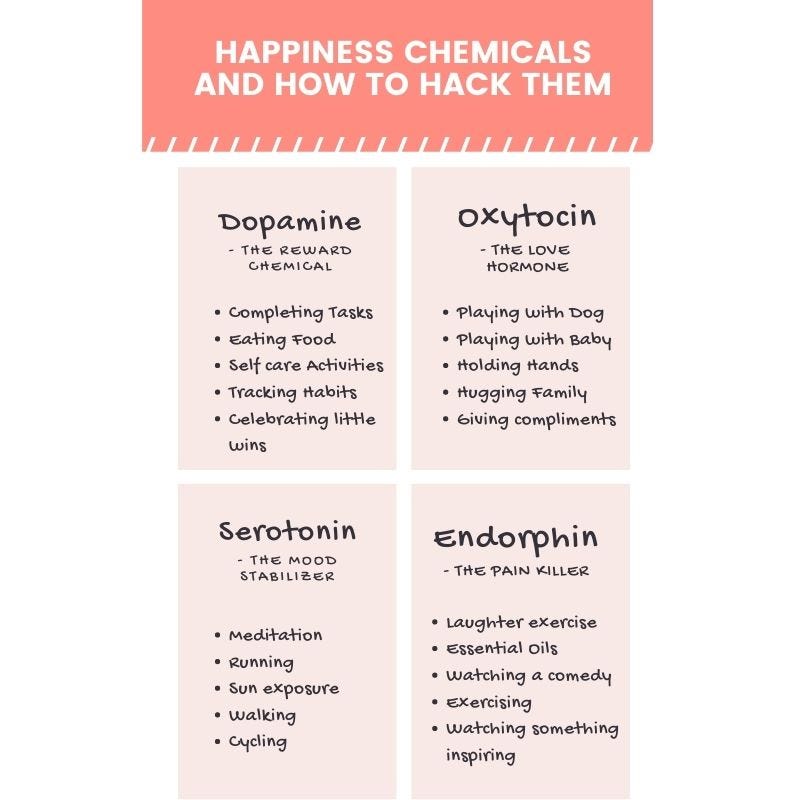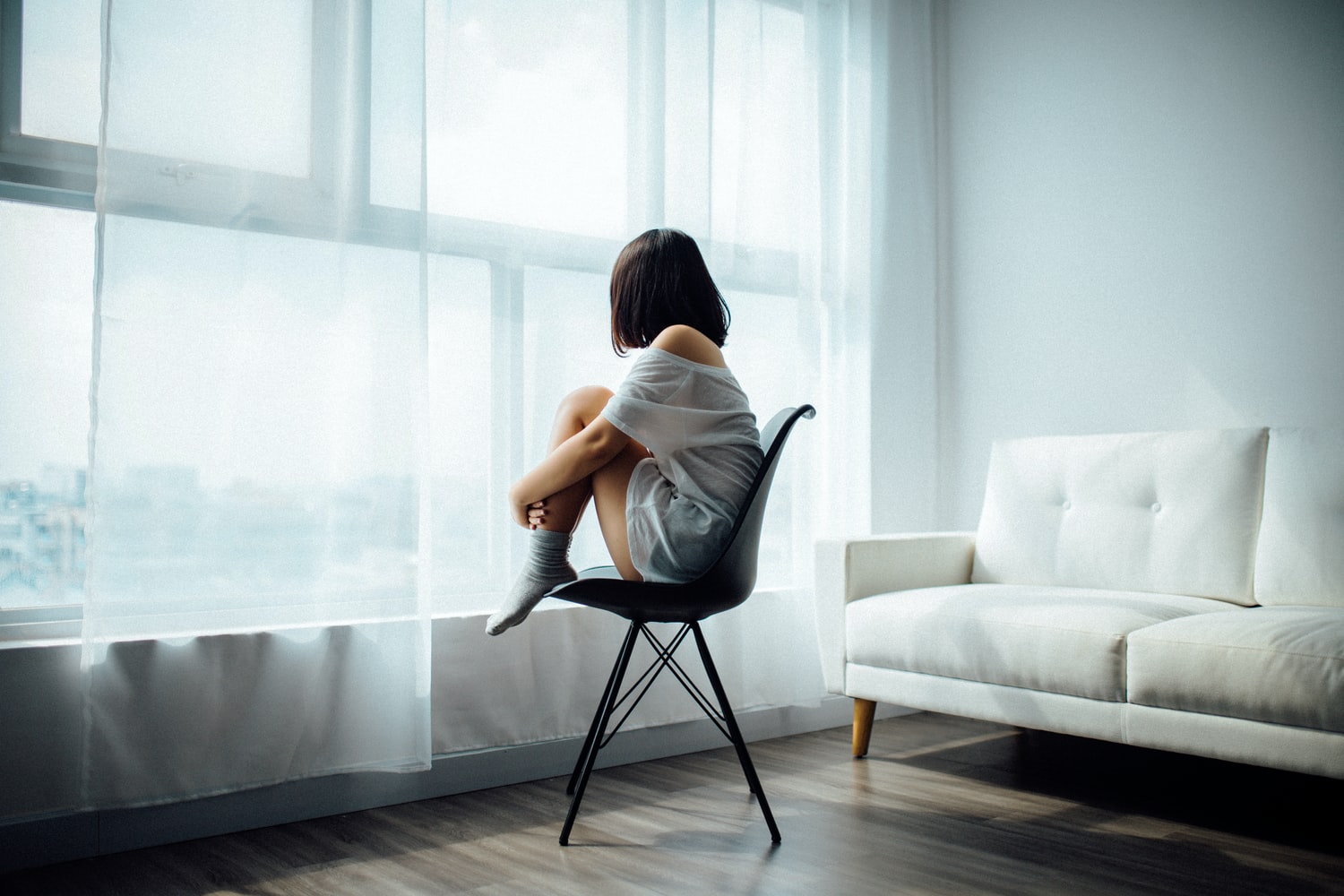I always took pride in my ability to stay occupied with things that I find meaningful and inspiring. When the lockdown began in India, I had a lot of enthusiasm, plans, and goals.
I had moved back to my parent’s place to help them with the household work and started taking my dance classes online as the studios closed down. In spite of these changes, I was determined to continue working on my long term goals.
Four or five months passed without much trouble. I kept showing up consistently for all the things that I wanted to. There were lows but I could always come back from them.
Only recently, it seemed like the long term effects of the isolation really started to hit me —

1. Feeling that nothing matters —
All of this time, there was this idea of a future when things will be okay. I would tell myself that the time at hand is for working on my passive income, on my physique, and for sorting out the finances so that when everything is normal, I can go to LA and train further as a dancer in my dream studio — Millenium Dance Complex.
There were other images of the future too, the idea of meeting the people I loved, specially my partner. This idea of this future kept me excited.
But lately, it started to feel like nothing really matters. Like my brain is going numb with boredom. I am caught by a scary realization that things will never feel as good as they once used to. Will it still matter a few months from now? I keep fighting this feeling and keep showing up for things as much as possible, just with lesser enthusiasm every day.
2. Feeling of overwhelm —
I try to maintain distance from the news for the sake of my mental health. However, the news is everywhere. Also, it doesn’t really make sense to turn a blind eye to everything that is happening in the world.
As an empath, there’s only so much news that I can consume before it starts to overwhelm me. The collective suffering of the world this year can really get to you even if there’s nothing going wrong in your own life.
3. Fatigue and tiredness —
I slept for straight 12 hours today. That is very unlike me. Yet, this is the second time in the week that I’ve overslept like that. I am getting more tired, more quickly even from my dance training. I am yet to figure out exactly why this’s happening and then manage it accordingly.
My guess is that it’s mental as well as physical exhaustion from always trying to feel okay, making everyone else feel okay and taking care of the household as well as the personal work.
4. Feeling of loneliness —
I am used to occupying little space in other people’s lives. Even with my closest circle of friends, I would talk to them when they are free and have got something to say. Very rarely, I would call someone and tell them that I am not feeling okay and talk my heart out. At this time, this habit of mine makes me feel more alone than I’ve ever felt before.
5. Changes in eating patterns —
Eating too much or feeling like eating nothing at all? Constantly oscillating between the two states? For me, my current state is not finding any real joy in food. It feels like I am cooking and eating for survival only. Maybe I am just bored with what I am eating and need to experiment. But, who has the energy for that?
If you’re also experiencing any of these things right now, then, first of all, understand that it’s completely normal. A simple Google search about ‘long term effects of isolation’ is enough to explain that what you’re going through is indeed a consequence of your current situation.
But that doesn’t mean that you’re helpless either. It’s important to understand what is going on in your body and your mind to approach the problem rationally.
Experts suggest that the negative feelings and experiences associated with prolonged isolation will come for us all. Humans are social creatures — yes, all of us. — Wired.com
So, what can you do to become okay with not being so okay?
1. Get Informed
While writing this article, I went through studies and research articles to make sense of what I am feeling. Some insights were interesting — like how even the astronauts who are in isolation go through a dip in their mood around half time but as they near the end of their isolation period, their mood becomes better.
Now, in our case, for most of us, there’s no end in sight. There’s hope, there are theories. But, there’s just too much uncertainty. You don’t know for how long you’ll be sitting at home and that is bound to create some anxiety.
Just getting informed about what you’re experiencing right now (from trusted scientific sources of information) will help you understand what you’re going through and identify what you can do to feel better.
2. Control What You Can
Almost every study about isolation and even depression talks about maintaining a certain structure in your day. This structure to your day gives a feeling of control when things are not so much in control for an indefinite amount of time. Even in my immediate circle of friends and family, I’ve observed that people who have a set schedule to their day are doing a lot better than others, even right now.
Follow simple habits and rituals that are in your own control. Get back to them even if you miss them for a few days. I personally find bullet journaling and creating a habit tracker for every month very helpful. For the months I feel lazy to maintain a habit tracker using pen and paper, I simply stick to a Notion App template of Habit Tracker.

Do not let go of simple things like taking a shower before you sit down to work in the morning. Similarly, do not miss your workout sessions and keep them at a fixed time every day.
You will not feel like sticking to a routine when you’ve all the time in the day and the freedom to do what you want whenever you want. But believe me, sticking to a structure of the day will help you the most with managing your mood and your energy level.
Currently, I am tracking the following habits for every day-
- Completing 6 Pomodoros
- Dance Training — 3 Hours
- Daily Stretches
- Daily Journaling
- Daily Art
- 15 mins in the Sun
- 2 L + Water
- Writing 1000 words

Figure out what habits you need to follow consistently in order to have great days, and start tracking. It’s really that simple. Slowly, try to fix a time for each of them.
Try not to rely on things that are outside your control like a call from a friend or a partner to set structure to your day or to begin well. External support is helpful but it’s not something to base your entire day or mood on every day.
3. Use Self Care As A Daily Medicine
When I read Brain — The Story Of You, I discovered that every single emotion that we feel is ultimately a chemical determined by some hormones in the body. Two things that might seem unrelated to you, are actually very connected in your brain.

Self care and rest is not a luxury. They are the basics that you need in order to survive this time. Take time to tune in to your needs and understand what works the best for you. Most importantly, indulge in self-care and rest without feeling guilty about it. You need it like air. Period.
For me, my current self-care is complete social media detox and it’s really helping me. I also pamper myself by taking care of my skin and my hair. Yes, I am suddenly the one making time for hair spa and face masks at home. 🙂
I also drink relaxing herbal teas when I start feeling anxious. All these super simple things make me calm and happy.
And I’m not the only one who feels this way.
One of my fellow content marketer friend Chintan struggles with similar problems that come from being a one-man company while working from home. He says, “Practicing self-care is possible even at home. I try to get eight hours of sleep and half an hour of exercise every day. This helps me stay centered and attack my to-do list every day with enthusiasm.”
That’s it, these are the 3 simple things that really help me stay sane and still work on things that matter to me.
- Understanding what I’m experiencing is an effect of isolation and I am not alone with feeling not so okay.
- Controlling what I can by sticking to a routine and tracking important habits.
- Using self-care and rest as a daily medicine
They help me bring my attention to the present moment and help me put in efforts to make each day a good day.
Yes, the future seems uncertain. However, I don’t really need to figure out the future right now. I only focus on the now.
After all, if each day is lived in calmness and excitement, whole life is beautiful.
References –https://www.wired.com/story/coronavirus-covid-19-isolation-psychology/
Thank you for reading. I am Shreya Dalela, the founder of The Creatives Hour, where I explore my creative side and help people find a creative outlet to connect deeper with themselves.


